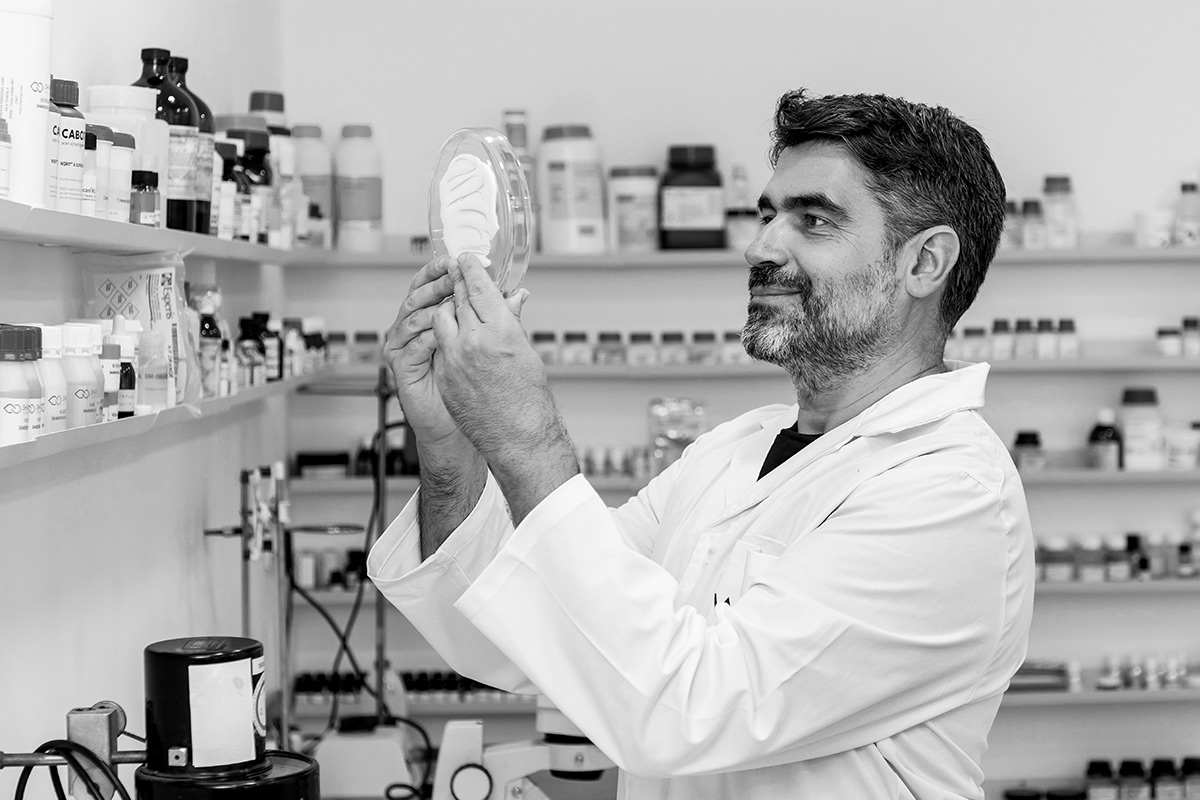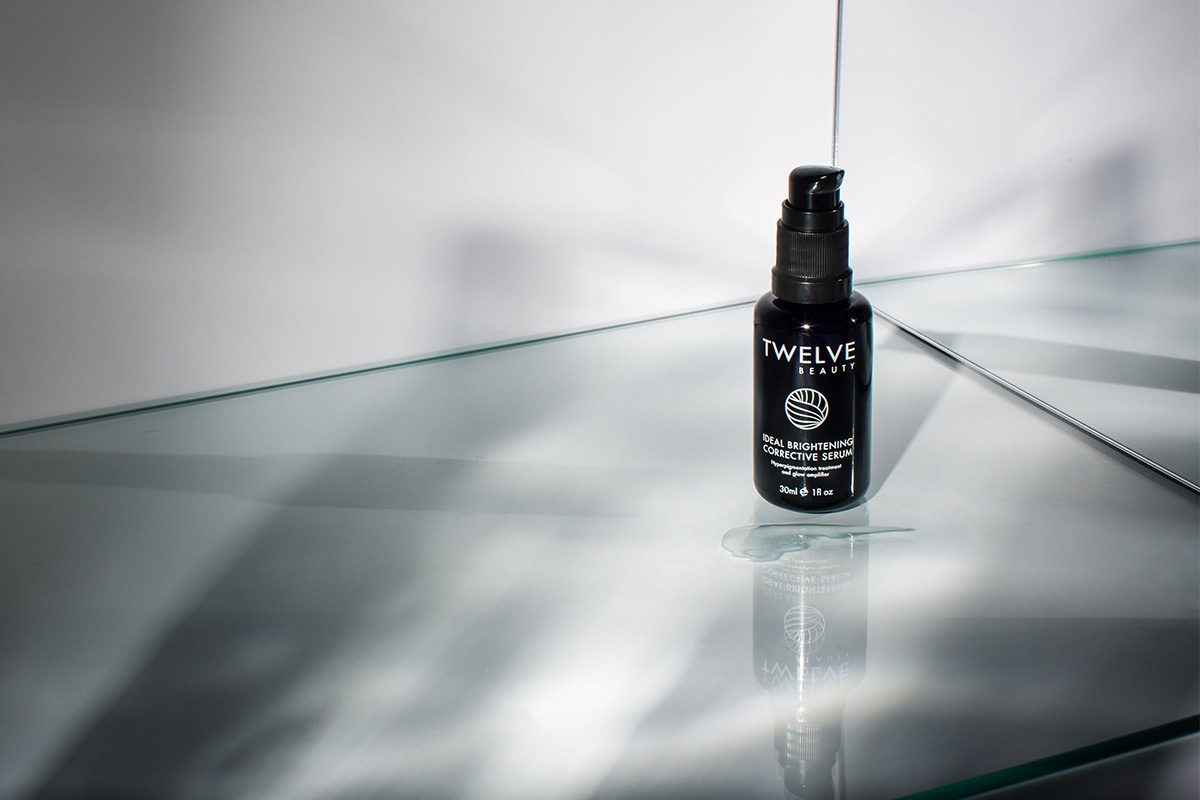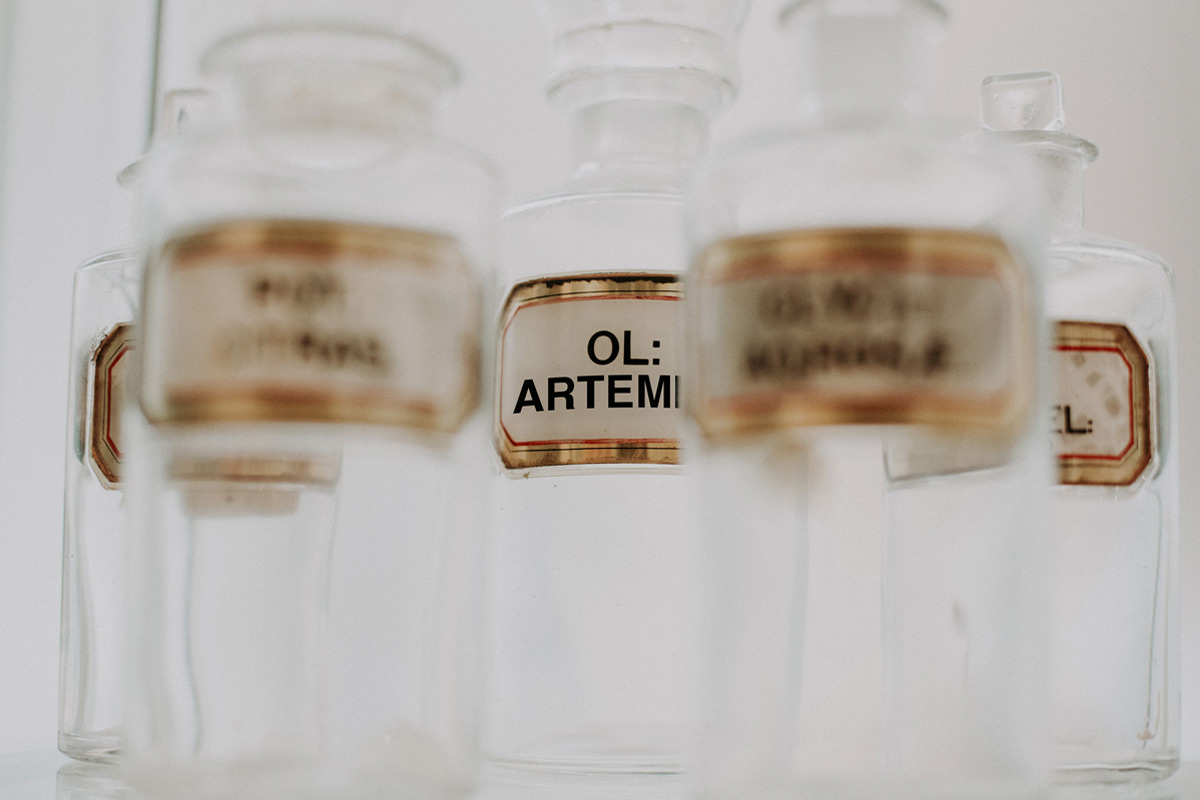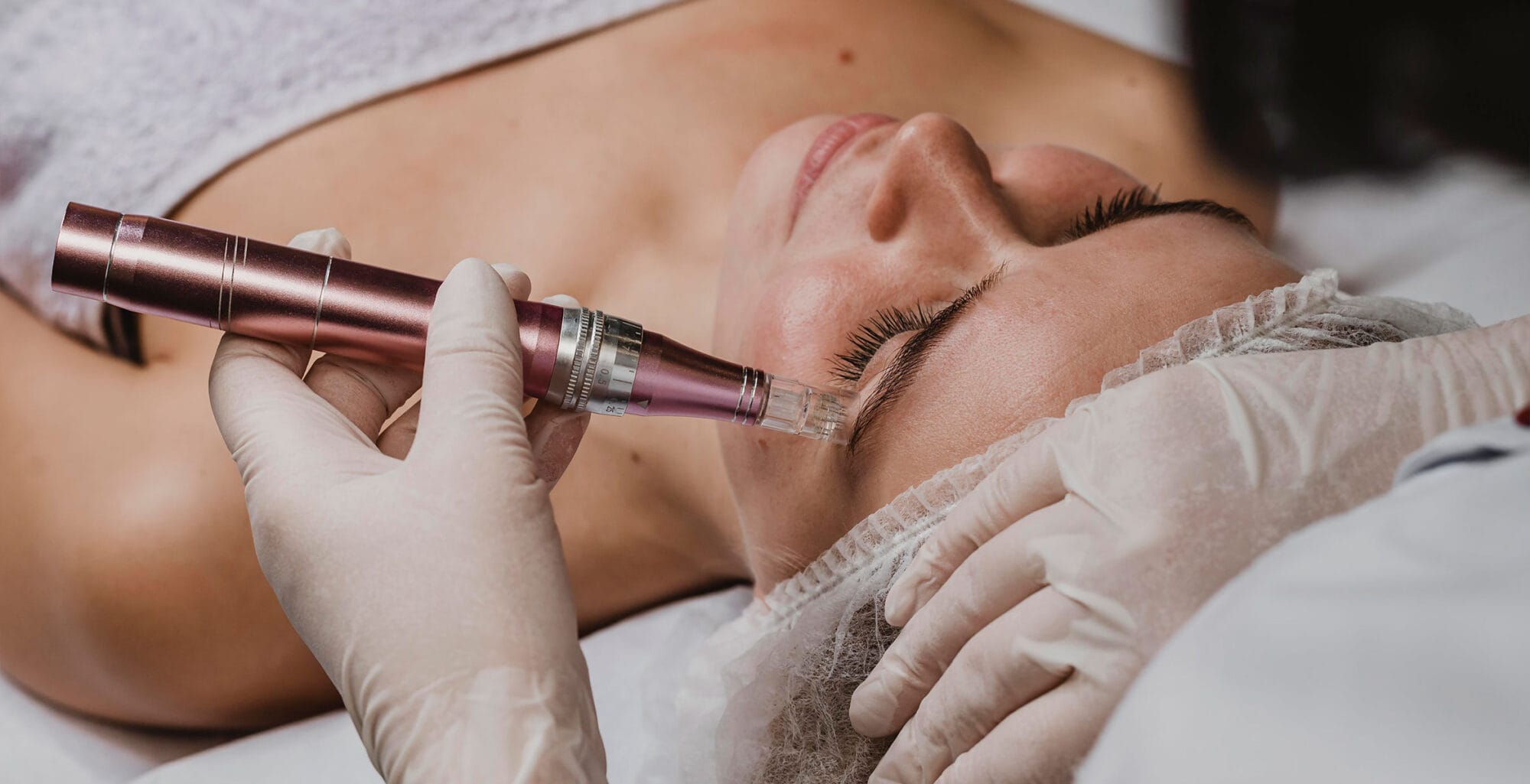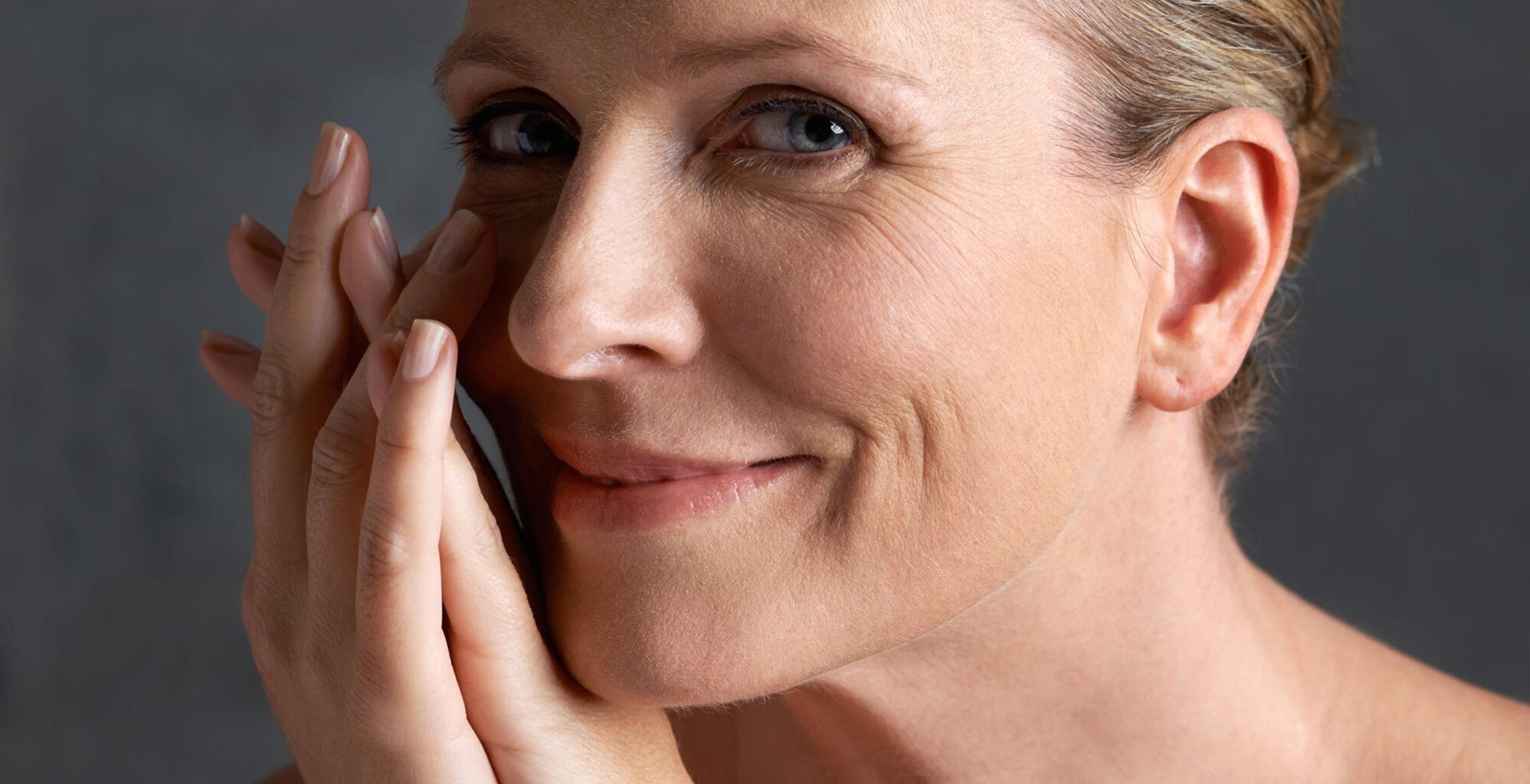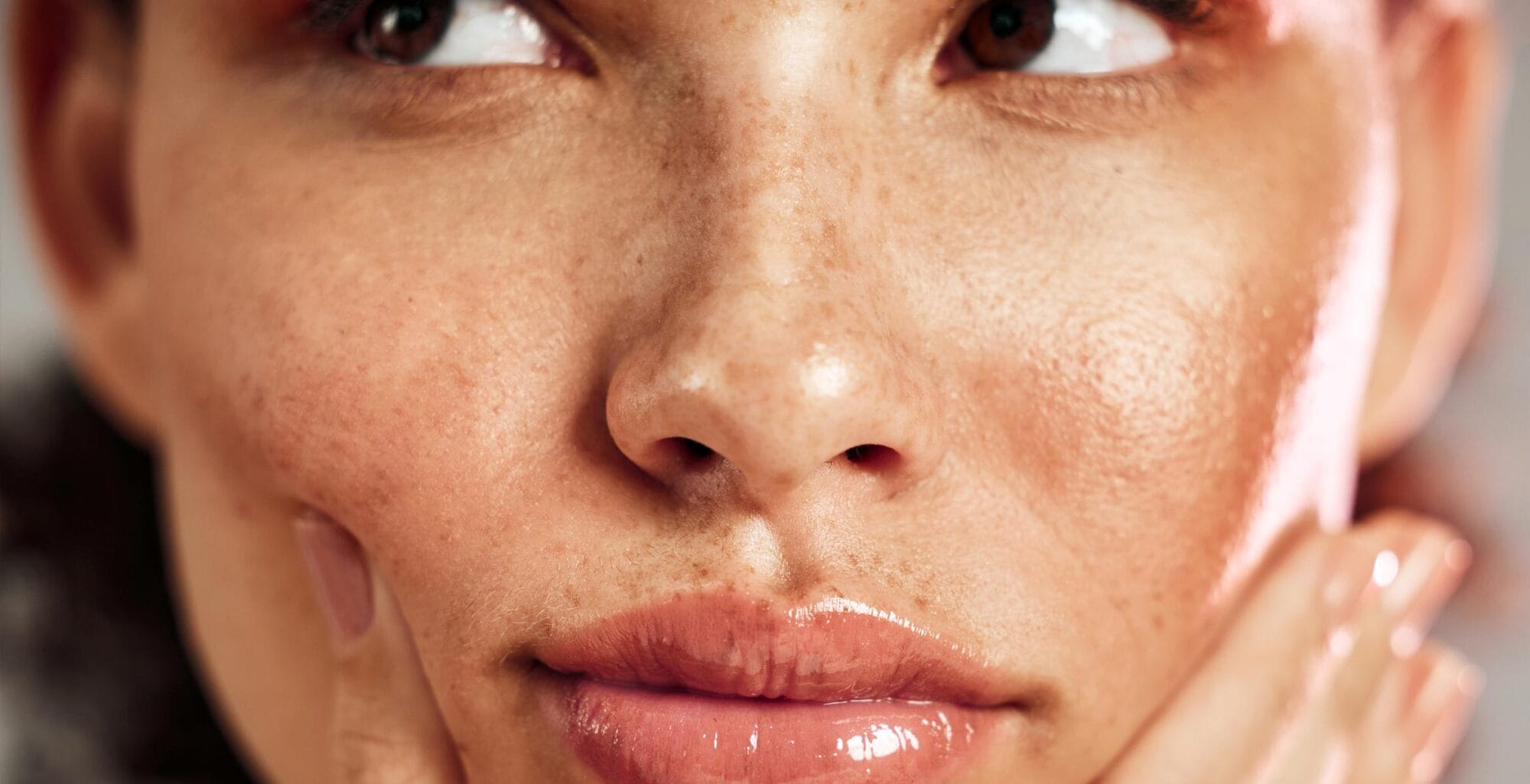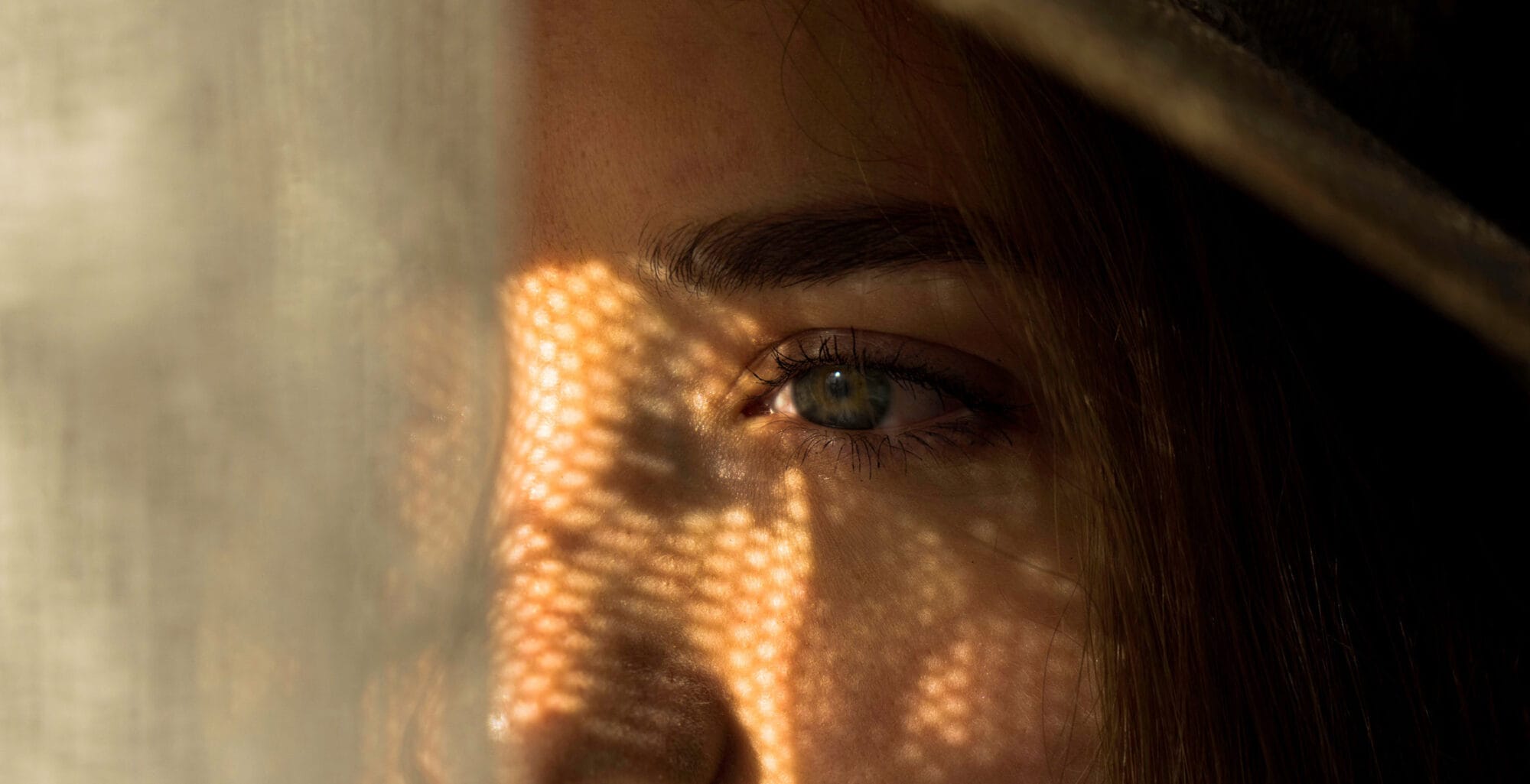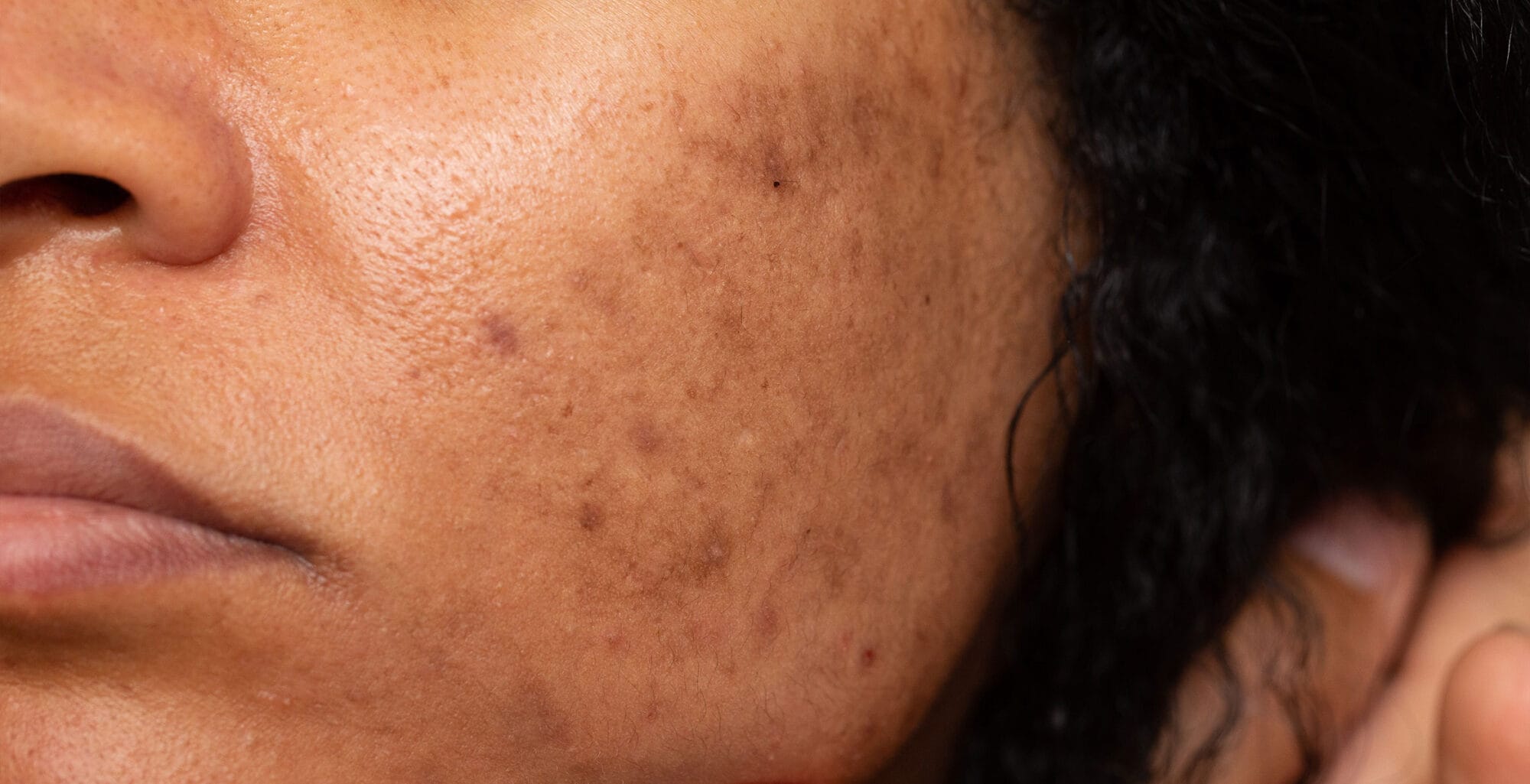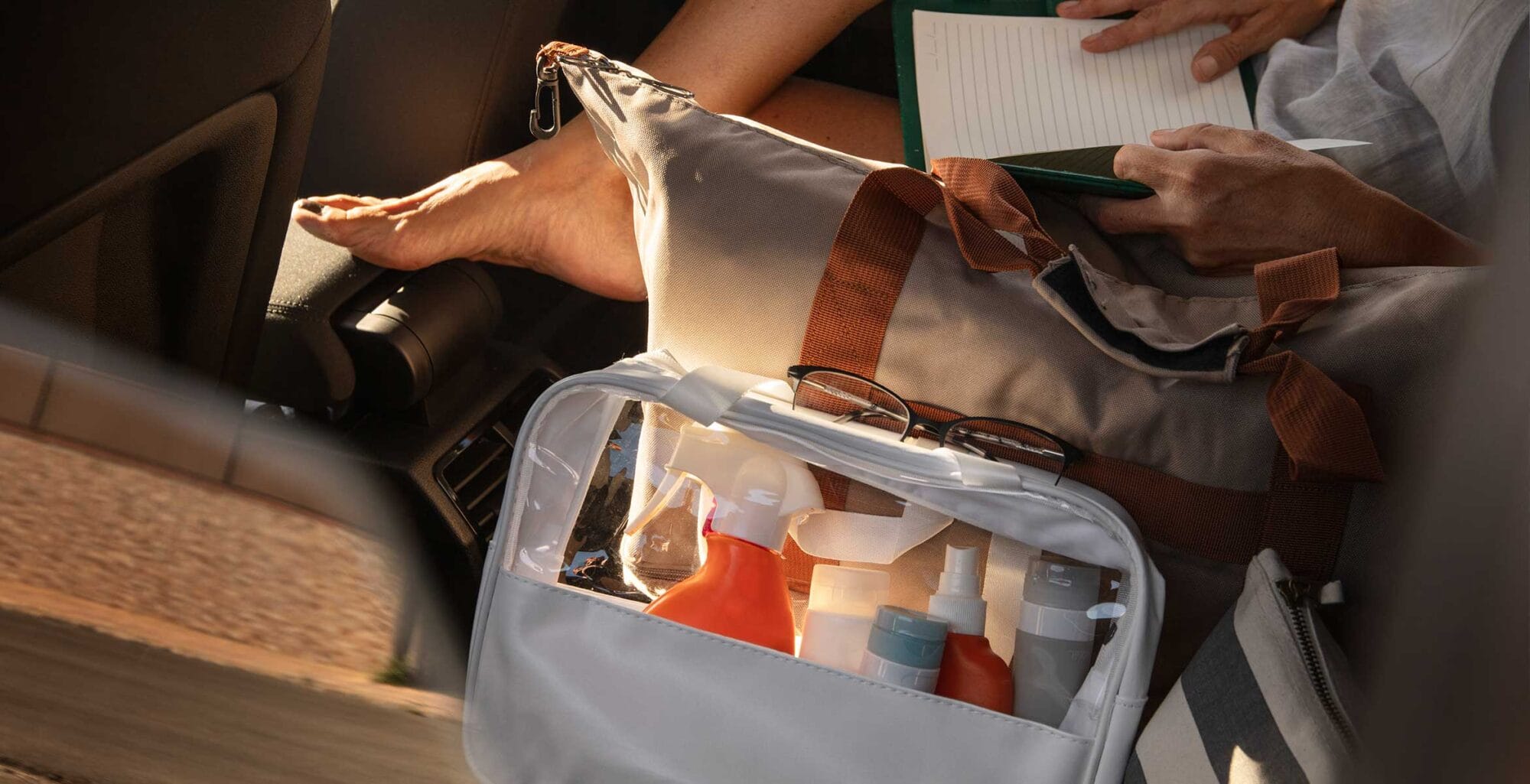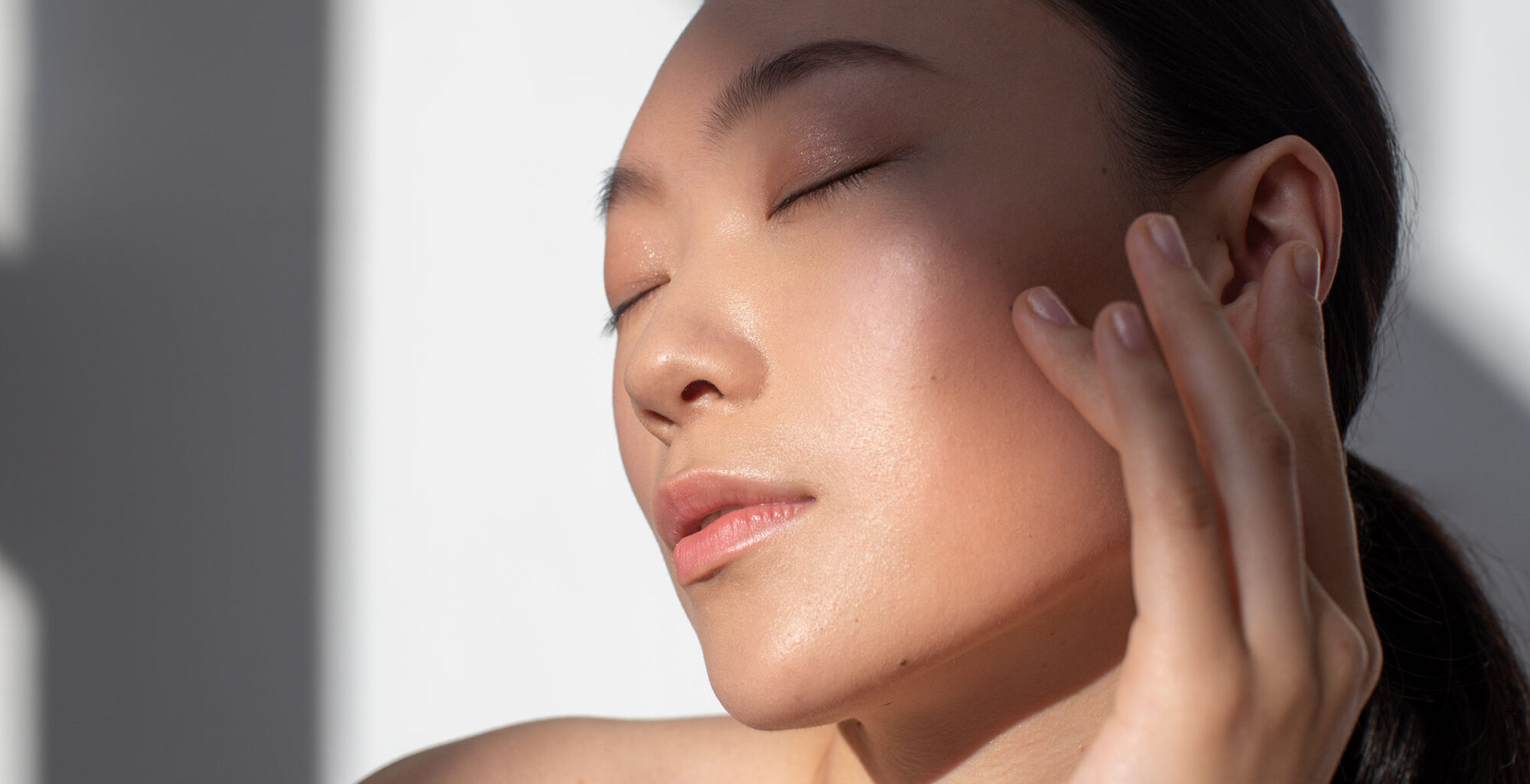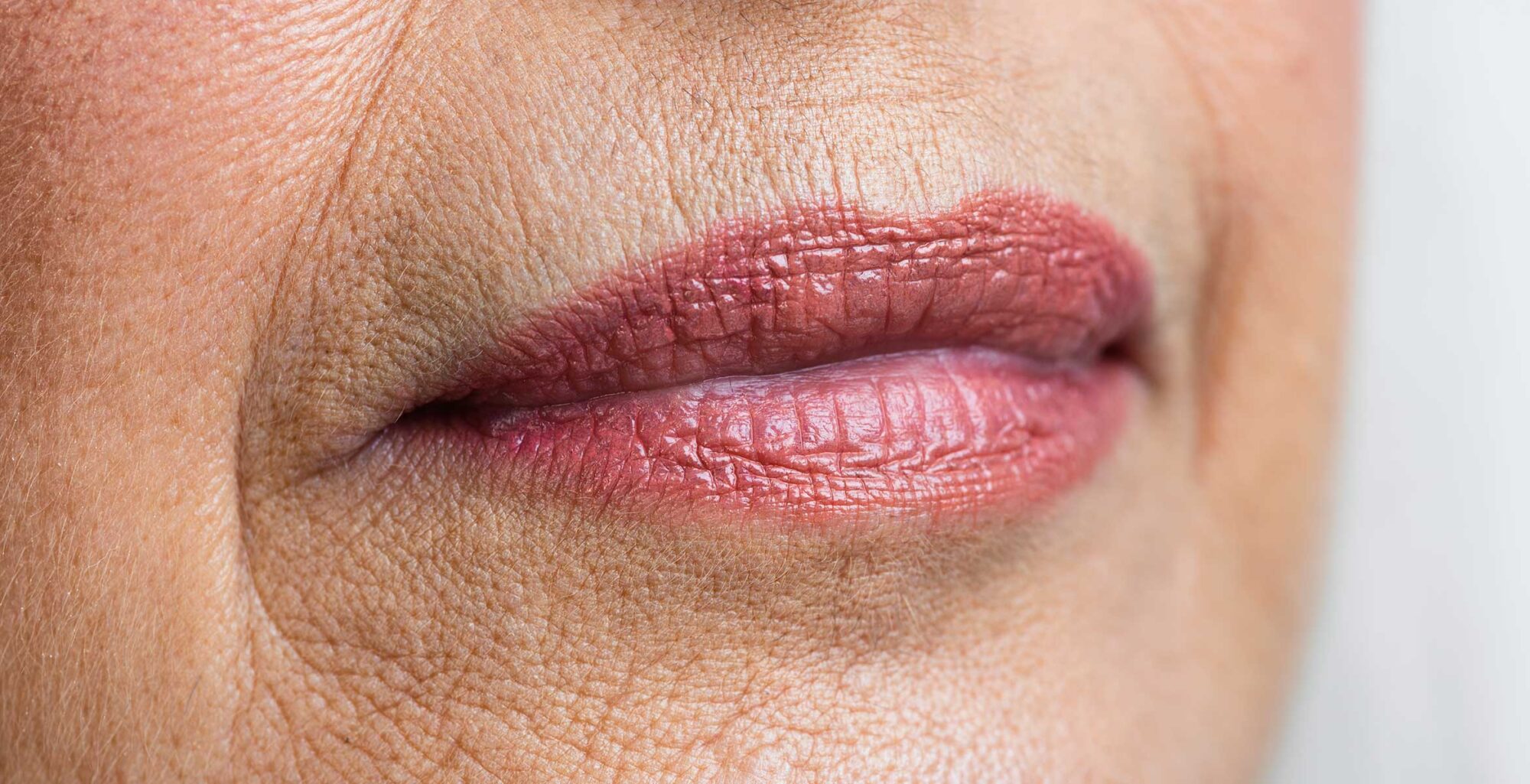Sleep Deprivation Skin Aging: The Summer Habit That’s Secretly Damaging Your Skin

Long days, warm nights, late dinners, and impromptu getaways. Summer may be full of joy and freedom, but it’s also the season most likely to throw off your sleep. And that can quietly sabotage your skin. While many people know that lack of sleep can lead to dark circles or dullness, the connection goes far deeper. One of the most overlooked causes of premature skin ageing is something we often brush off as “just a bad night” – or several. The truth is, sleep deprivation skin aging is real, and in summer, it’s easy to fall into habits that accelerate it without even noticing.
Here’s what you need to know about how disrupted sleep affects your skin’s regeneration process, why timing matters more than you think, and what you can do to support your skin, especially when routines are out the window.
Why Summer Disrupts Sleep (and Skin)
There’s something about summer that makes routine feel optional. Holidays, school breaks, late sunsets and hot, restless nights can all push your usual bedtime back further and further. Your body and your skin, notice the change, and not in a good way.
Increased socialising, more alcohol, travel across time zones, and a general lack of structure often lead to shorter sleep durations and more fragmented rest. Parents may also find their sleep interrupted by children staying up later or needing more attention.
What’s often underestimated is how even a few weeks of disrupted sleep can visibly affect the skin. This is especially true when the disruption falls during the hours your skin needs most to repair itself.

Your Skin’s Natural Regeneration Clock
Your skin has its own circadian rhythm – a 24-hour biological cycle that governs how it functions. During the day, it enters defensive mode, focusing on protection from UV rays, pollution and oxidative stress. But at night, it flips into repair mode, healing microdamage and building new collagen.
According to dermatological research, the peak window for skin regeneration is between 2 AM and 4 AM. This is when cell turnover increases, DNA repair accelerates, and your skin barrier becomes more permeable, allowing deeper absorption of nutrients and active ingredients.
So if you’re still up watching Netflix, tossing in the heat, or out at a beach party during these key hours, your skin is missing its best chance to renew.
The Hidden Cost of Missing the 2-4 AM Window
Let’s say you get your full eight hours, but you fall asleep at 3 AM and wake at 11. That’s still sleep, right? Technically, yes. But for your skin, it’s a very different story.
Research suggests that when sleep cycles misalign with the skin’s repair window, the body struggles to complete the biological processes that keep skin healthy and youthful. This mismatch can cause:
- Increased inflammation, leading to breakouts and sensitivity.
- Slower collagen synthesis, contributing to sagging and fine lines.
- Impaired skin barrier function, resulting in dryness and dullness.
- Oxidative stress accumulation, speeding up the appearance of age spots and uneven tone.
Over time, this disruption can lead to visible signs of sleep deprivation skin aging, even if you’re sleeping long hours at the wrong times.
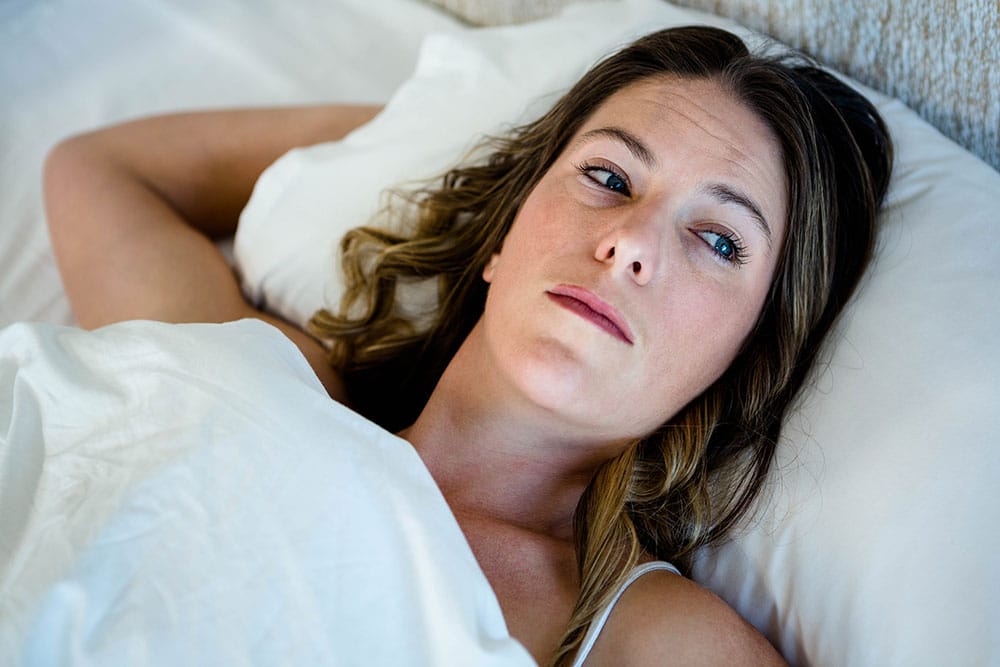
Sleep Deprivation Skin Aging: What It Looks Like
We tend to notice sleep loss first around the eyes – puffiness, shadows, dryness – but the effects run much deeper. Here are the main signs your skin may be suffering from sleep disruption:
- Fine Lines Become More Pronounced
Lack of sleep slows down collagen production and interferes with moisture retention. This leads to dehydrated skin where fine lines look sharper and skin texture feels rougher.
- Skin Loses Its Bounce
Sleep supports the skin’s ability to rebuild elastin and repair UV damage. Without it, firmness fades, and skin looks deflated.
- Irritation and Redness Flare Up
A weakened skin barrier can make your complexion more reactive. This is why those with rosacea, eczema or sensitive skin often notice flare-ups after several bad nights.
- Dull, Uneven Complexion
Cell turnover slows without sleep, leading to a buildup of dead cells that dull your glow. Pigmentation may also worsen if melanin regulation is disrupted.
- Eyes Look More Aged
Dark circles, puffiness, and crepey eyelids are among the earliest signs of sleep deprivation skin aging, largely due to poor lymphatic drainage and sluggish microcirculation during interrupted sleep.
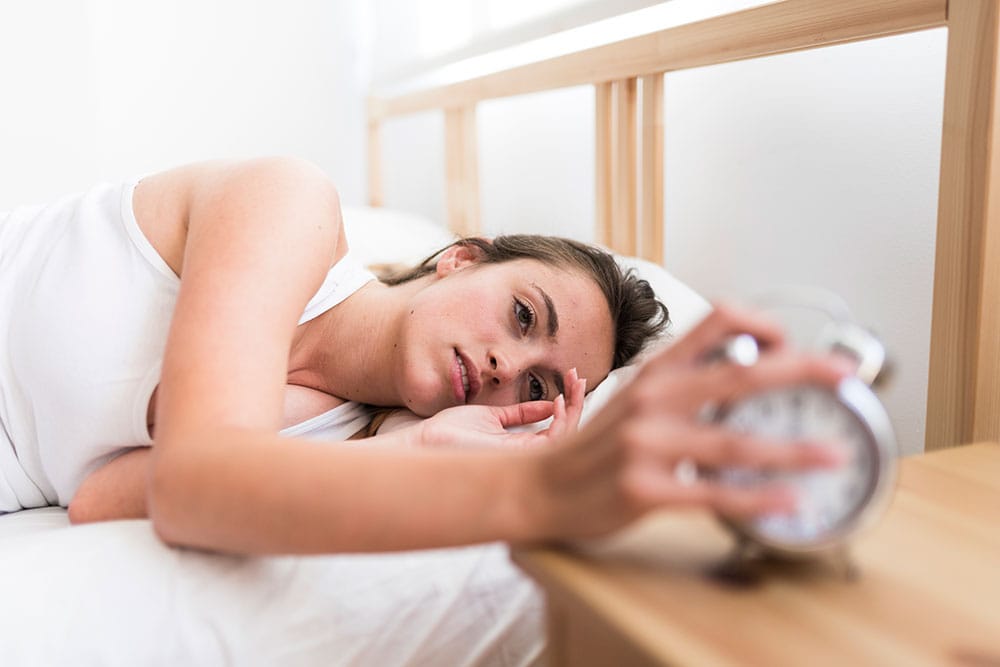
Summer Sleep = Circadian Chaos
It’s not just about how many hours you sleep – when you sleep matters just as much.
Light exposure, screen time, alcohol, and even hormonal changes can interfere with melatonin production, making it harder for your body to fall into deep, regenerative sleep. This is especially common in summer when days are longer and social calendars fuller.
Here’s how the summer lifestyle often sabotages skin repair:
- Late dinners and drinks raise body temperature and blood sugar, both of which delay melatonin release.
- Extended daylight delays sleepiness, shifting your circadian rhythm.
- Blue light from screens suppresses melatonin, reducing sleep depth.
- Air conditioning or heat interferes with deep sleep cycles, particularly REM and slow-wave sleep, both essential for skin recovery.
The result? A perfect storm of sleep deprivation effects on skin, especially when your most important repair hours are spent wide awake.
Supporting Skin During Disrupted Sleep
You can’t always control your sleep patterns perfectly, but you can support your skin through the chaos. Here’s how to protect your glow even when your rest isn’t ideal:
- Prioritise Your Nighttime Routine – Early
Apply your skincare well before midnight, ideally by 10:30 PM, to ensure your actives are in place before the 2–4 AM repair peak.
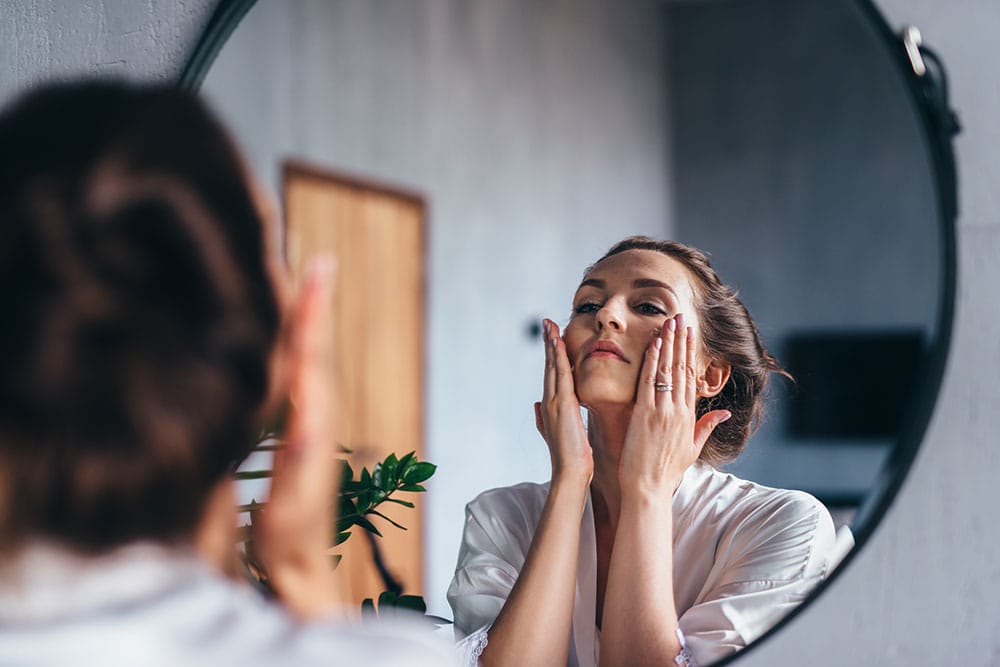
- Choose Products That Align With Skin’s Natural Rhythm
At night, your skin barrier is more permeable, so opt for nutritive, hydrating and reparative formulas. Look for ingredients like:
- Peptides (support collagen production)
- Niacinamide (reduces inflammation)
- Unsaponifiable oils (strengthen barrier function)
- Botanical retinol alternatives, like Bidens pilosa extract
- Hyaluronic acid, for moisture retention
These ingredients work especially well during overnight repair cycles, giving your skin the tools it needs to regenerate despite the odds.
- Keep it Cool
If summer heat is interfering with your sleep, consider:
- Cotton or linen sheets
- A lukewarm shower before bed
- Cooling pillow inserts
- Avoid heavy textures in your evening skincare if you sleep hot
A cooler body temperature promotes deeper, more stable sleep cycles.
Night-Time Skincare That Works While You Sleep
Even the best sleep can’t undo daytime stress if your skincare isn’t helping. Here’s how to build a supportive, sleep-aligned night routine:
- Cleanse Gently but Thoroughly – Use a nourishing cleanser like Purifying Cleansing Beauty Cream to remove sweat, SPF and impurities without stripping the skin.
- Hydrate and Fortify – Apply Ideal Moisture Level Serum to restore hydration and prepare your skin for deeper nourishment.
- Repair and Rebuild – Layer on Plant Perfection Gel Serum to boost collagen regeneration with Bidens pilosa, a plant-based retinol alternative ideal for overnight renewal.
- Seal and Protect – Finish with Intelligent Frontier Facial Oil to lock in actives and reinforce your skin barrier with unsaponifiable oils and antioxidant-rich botanicals.
This approach gives your skin the nourishment it craves during its most active repair phase – even if your sleep isn’t perfect.
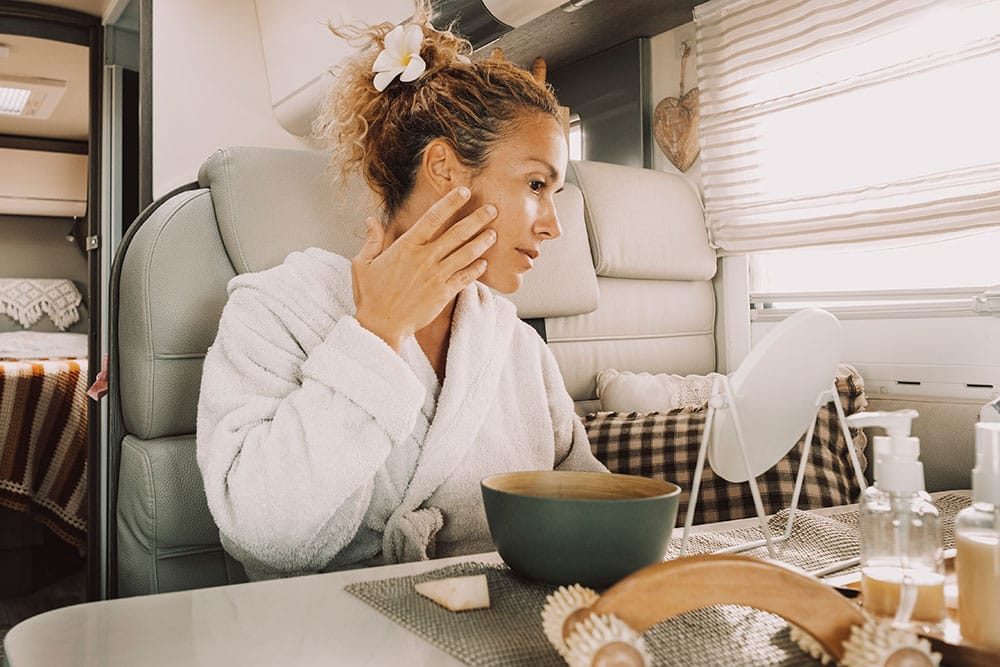
Don't Ignore the Signs
If you’re finding it hard to fall asleep or waking repeatedly between 2–4 AM, your skin is likely paying the price. Chronic disruption to this cycle can lead to long-term sleep deprivation skin aging, especially if compounded by stress, screen time, or hormonal shifts.
Let Summer Be Kind to Your Skin
Summer doesn’t have to mean sacrificing your skin health. By understanding the circadian rhythm of your skin and how sleep deprivation accelerates ageing, you can make smarter choices that support both your complexion and your well-being.
Even simple changes, like applying your skincare earlier, dimming screens at night, and choosing actives that align with the skin’s nocturnal needs, can go a long way.
Let your skin rest, even when you don’t.


